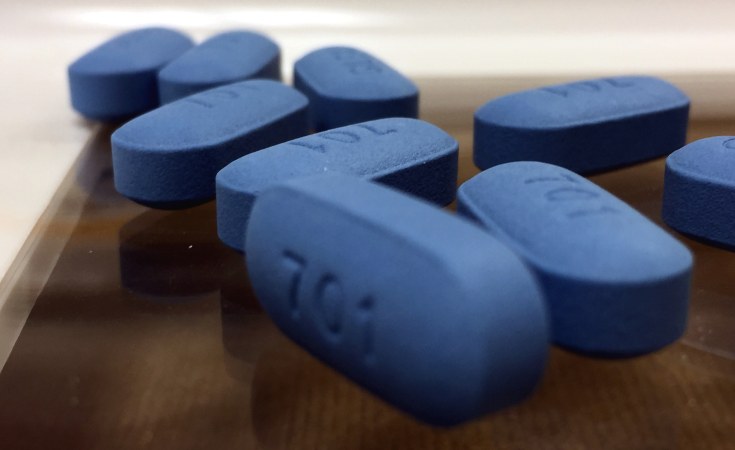The National Legislature has passed several amendments to the country's Drug Law making most offenses non-bailable.
According to the new law, drug dealers, cultivators, and manufacturers are not eligible for bail until their trial is completed and if found guilty, they would be sentenced to life imprisonment.
The new law, which President George Weah is expected to sign anytime soon, includes stricter penalties for drug offenses and makes it extremely difficult for individuals charged with drug-related crimes to be released on bail.
This is a significant change from the previous law, which allowed individuals charged with drug offenses to be released on bail and sentenced to about 10 years in jail.
The Legislators' move is part of the government's effort to combat drug-related crimes, which are becoming a major problem in urban cities across the country.
Many experts believe that the new law will help to reduce drug use and drug-related crimes in the country as it sends a strong message to drug dealers that the government is serious about combating drugs.
Experts are of the view that while the law is good, it would not reduce the importation or sale of illicit drugs if a holistic approach that involves aggressive public awareness campaigns, counseling and rehabilitation programs, and the creation of more job opportunities for Liberian youths were neglected.
The problem of drug abuse is not new, but the trend has become worrisome with a high prevalence rate of drug use among Liberian youth as the rise in organized crime has made it easier for drugs to be produced, trafficked and sold.
According to numerous reports, Liberia has one of the highest rates of drug use in West Africa, with cannabis and heroin being the most commonly used, and males are more likely to use drugs than their female counterparts.
The consequences of the abuse according to the reports, are significant and far-reaching and include criminal activities, the degradation of social values, and the decline of the quality of life for individuals and communities which can have a significant impact on the productivity of a nation's workforce.
The government, having realized the consequences of drug abuse on the productivity of a nation's workforce, has launched a US$13 million program in collaboration with the United Nations and partners to provide rehabilitation, skills training, social integration, and employment opportunities for drug users across the country.
Launching the program last year, President Goerge Weah observed that the, "Growing cases of drug abuse," pose an imminent danger to Liberia which continues to grow in size and scope.
Since the program's launch, much has not been heard about its implementation as many drug users roam the streets or introduce any rehabilitation and reintegration instead of being harshly criminalized.
The Legislative amendments come after the joint Conference Committee which was set up to harmonize the differences between both the House and Senate earlier versions of the law proposed that trafficking, cultivation, manufacture, importation, exportation, and sale of illicit drugs should be made a first-degree felony, which would make the crime a non-bailable offense.
The committee added that the sentence for such crime is life imprisonment upon conviction, with properties, real and personal used in the commission of these crimes escheated to the state.
The proceeds from the sale of the properties according to the Committee, would be appropriated with 25% going towards drug enforcement agencies, another 25% allotted for drug prevention and rehabilitation programs, and the remaining 50% is allocated to the general revenue.
The Committee at the same time makes the use or consumption of controlled illicit drugs a second-degree felony having recognized the constitutional right to bail. The bail amount the Committee noted, will equal twice the value of the illicit drugs, and be covered in cash, a manager's check, or a bank certificate.
The Committee argued that illicit drug users are victims, rather than criminals. It also mandates that non-Liberian convicts for any of these drug-related offenses will face deportation after serving their sentence.
Based on the Committee's advice, members of the Legislature voted in majority to the various proposed amendments which make the law now known as the Controlled Drugs and Substances Act of 2023.


